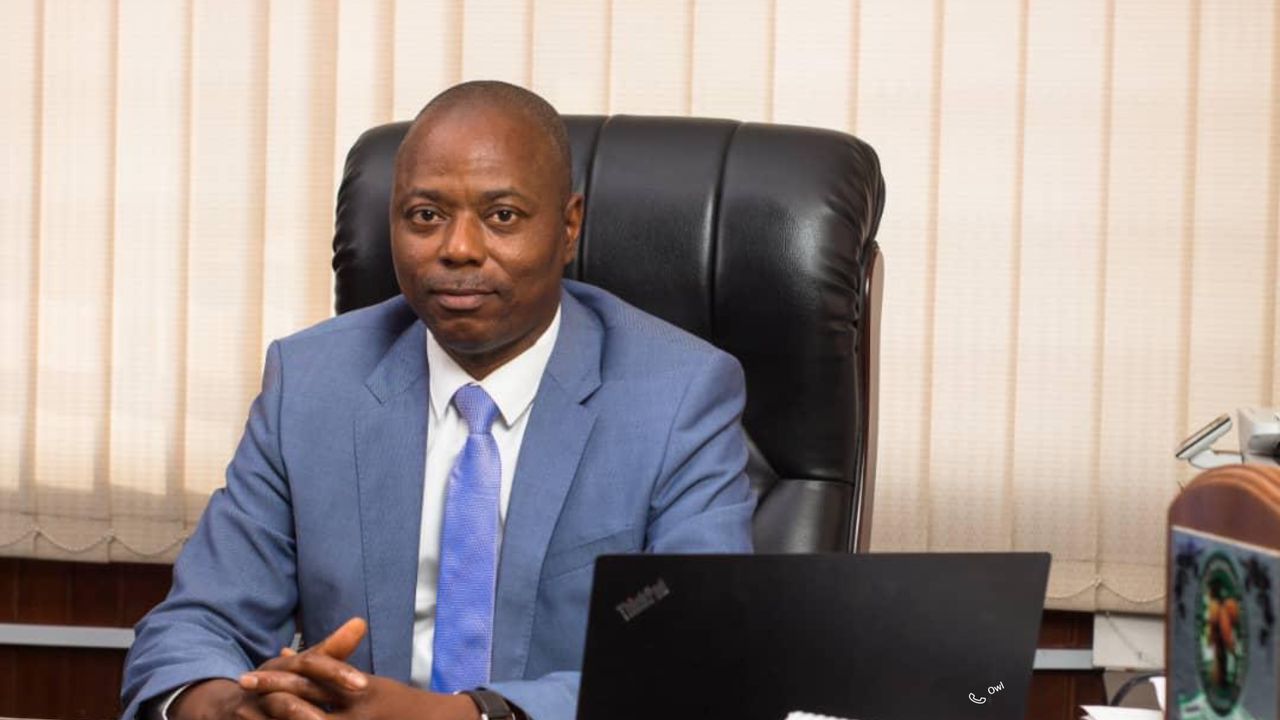
By Francis Kamara
The National Revenue Authority (NRA) on Thursday 8th December 2022, had an engagement with business stakeholders and importers in which they dialogued on plans to implement the “tracing and tracking” data method that will enable them to get rid of smuggled goods into the country, and level the playing field of the business arena. The event took place at the Freetown International Conference Center, Aberdeen in Freetown.
The two days’ engagement with stakeholders and importers on the theme ‘implementation of the excise tax stamp and fuel markings’, was a vibrant statement by the NRA that they are ready to abolish the smuggling of goods into the country.
The Commissioner General of the National Revenue Authority, Dr. Samuel Jibao, in his statement acknowledged that the business people of Sierra Leone are contributing greatly to the improvement of the Sierra Leone economy. He went ok to say that as a transparent Institution, they cannot take decisions without the engagement of business stakeholders and importers.
He asserted that there’s a high rate of the smuggling of goods into the country – these goods like cigarettes, wine, whiskey, beer, and other alcoholic and non-alcoholic beverages which thy considered as ‘sin tax’ or non-necessity. He affirmed that they have been able to convince the business people, as they are the ones that actually came up with the idea, because the smuggling of goods into the country hasn’t the able to level the business playing field for them.
The Commissioner General continued that the ‘track and trace’ is a viable solution that will enable them to fight smuggling and corruption, as it will win this battle not only at the borders but also within the country.
He underscored that this is a 9 months project that will help to safeguard thousands of Sierra Leoneans as they deal with these products that are not a necessity. The trace and tracking device on these products will serve a great deal, as it will help the NRA to identify standardized goods that have been duly certified by the bureau and the price will be marginally high.
He concluded that the smooth implementation of this system is legal, as it is in the Finance Act. “this implementation will have no economic crisis, as the increase will only be 1% and it will not affect the necessary products like rice, flour, sugar, etc” he said.
Alhaji Alpha Tanu Jalloh, who is a representative of the business people and the importers – in his statement affirmed that the project is being facilitated by the NRA is a good Initiative that will help the state, as hundreds of business people have been complaining about the negative effect smuggling has on them and their various businesses.
He went on to say that the implementation of trace and tracking will be a coding device that will identify all legal products that have been certified by NRA and it will also help to identify the smuggled ones. He added that the first phase of this project will deal with cigarettes, alcoholic and non-alcoholic beverages, due to the health risks that is attached to them.
He asserted that though the implementation is timely and justifiable, but they as business people are looking at the cost involved, as the economic situation in the country is not favourable, they wouldn’t want additional burden on them.
He concluded that despite the Commissioner General has given them clarity on the types of product that this implementation will affect, they will continue to deliberate on the affordability and compliance of the business people in Sierra Leone as they are the ones that will be greatly affected both negative and positively by this project.
In the progression of Customs modernization, Trade Facilitation and Border Controls denotes a shift in Customs’ focus on revenue generation proper to border controls and trade facilitation. The department is geared to support government reforms in improving doing business experience in Sierra Leone.
The Department maintains an integral role in facilitating the free movement of persons and goods across the country’s frontiers, with emphasis on the turnaround time and client experiences and border controls.




